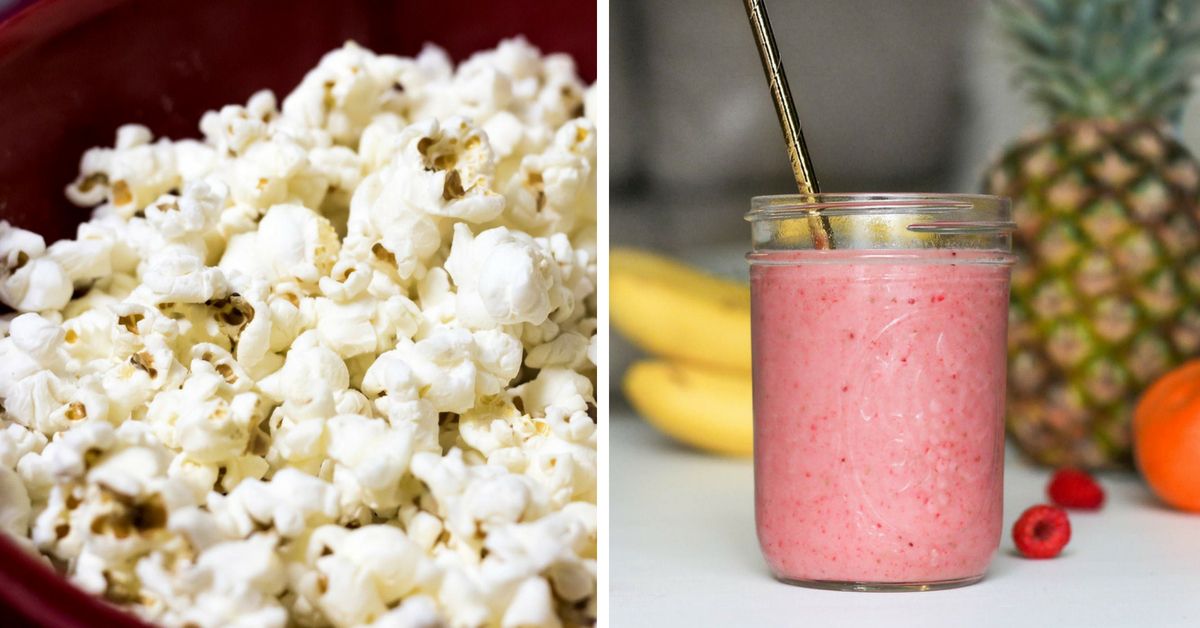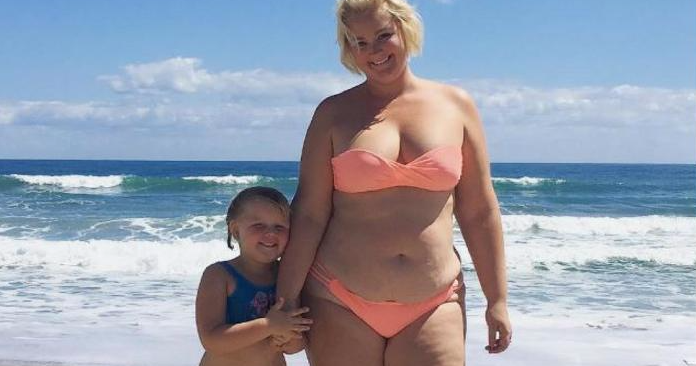These days, diet and nutrition can be very confusing.
It can also be very overwhelming when different studies are published every day, and each one telling us what we should and shouldn't be eating.
We already know that some foods, like cakes and fries, are really bad for our overall well-being, but what about sugar-free beverages and breakfast favorites like granola?
To clear up some of the confusion, here are 10 foods that you should leave out of your diet if you're trying to stay healthy:
1. Low-calorie frozen meals
Sure, that 300-calorie Healthy Choice Steamers bowl might sound like a great idea when you're on the go, and don't have time to cook a meal, but you're actually not doing yourself any favors.
Aside from the convenience, frozen meals are not weight loss or weight management-friendly. These supposedly healthy meals are often filled with ridiculous amounts of additives, sugar, and sodium that surpass the recommended daily intake of 2,300 mg (1,500 mg if you have certain underlying health issues).
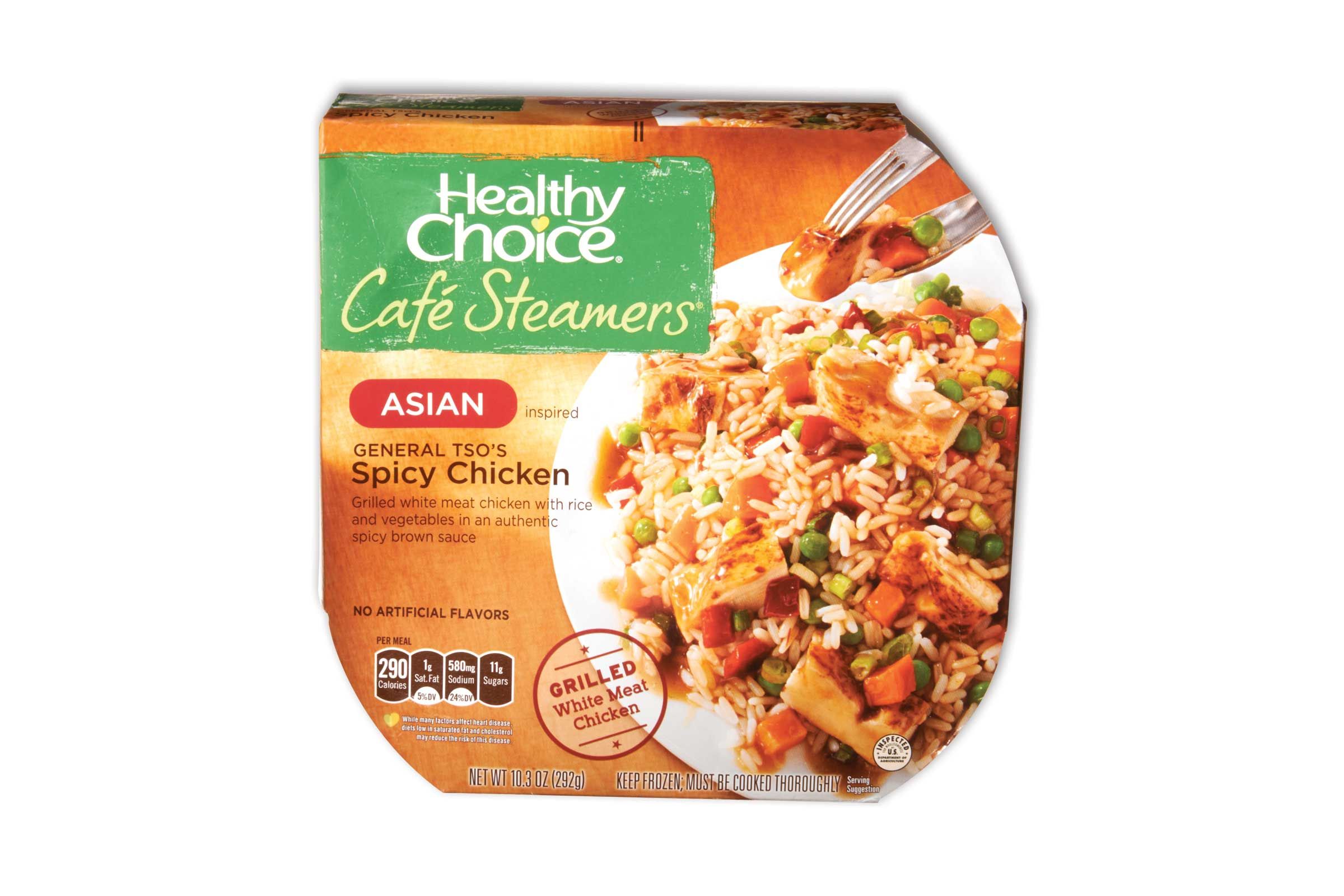
When the sodium in your blood increases, it forces more fluid to enter your blood vessels, which in turn increases your blood volume and your blood pressure.
In addition to putting you at risk for heart disease and stroke, sodium causes your body to retain extra water weight.
The more salty foods you eat, the more water your body will require to keep the sodium levels in your blood balanced. This means that in order to quench your thirst you'll most likely be reaching for other beverages, like soda, that are also not good for you.
So if you really must eat a frozen meal, experts recommend adding a serving of vegetables into the mix. Not only will they dilute the sodium, but the fiber will help you feel full longer.
2. Smoothies
Doesn't it feel good when you skip the mimosa at brunch and order a smoothie instead? Well, the latter is certainly the better choice, but that doesn't necessarily mean it is good for you.
When you make your own smoothie at home, you're able to pick exactly what goes into it, but when you opt for a pre-made smoothie from the restaurant, you're getting all the extra calories without the nutrients.
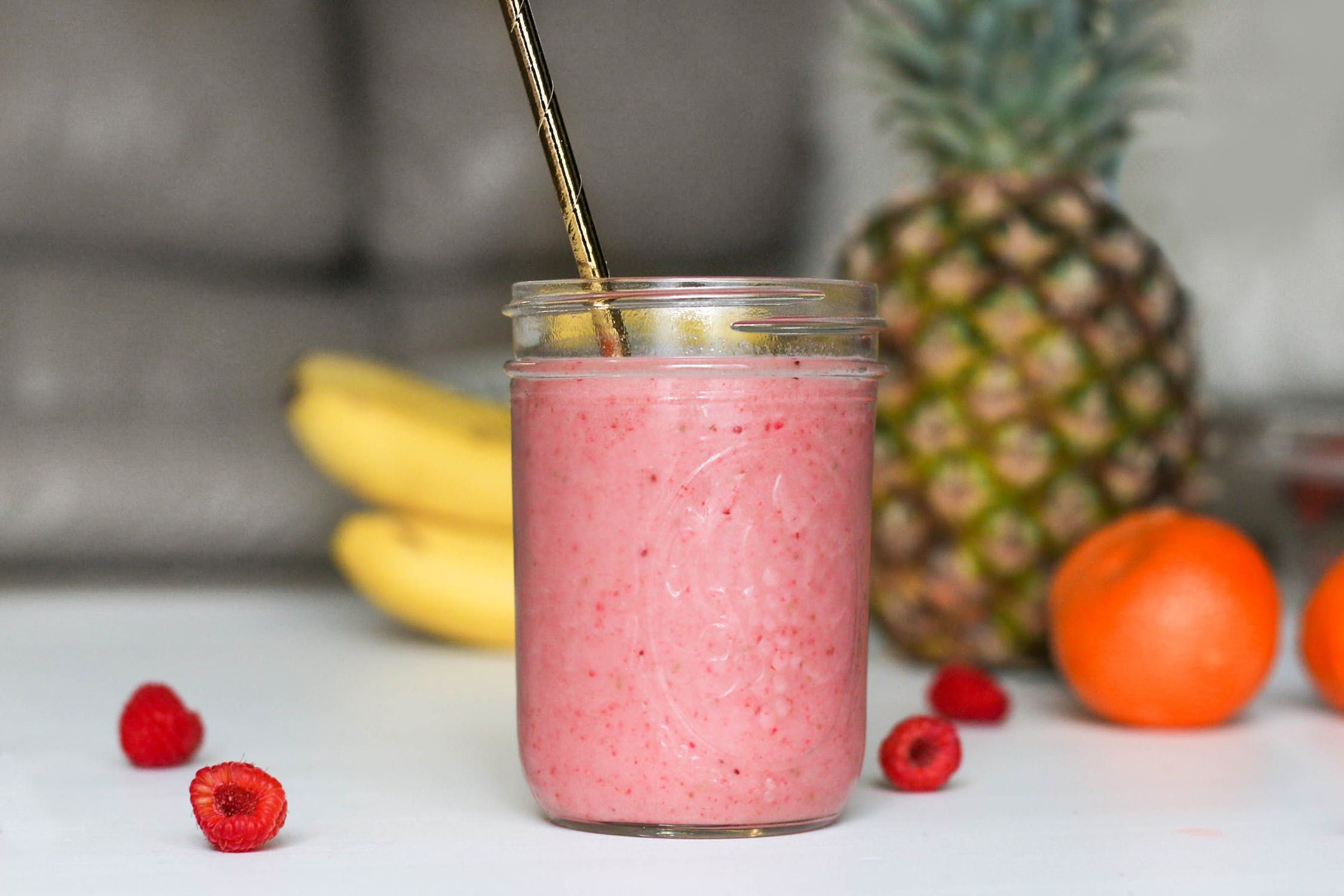
"An average height woman who is trying to lose weight is probably on a 1,200 to 1,400 calorie diet," says Toby Amidor, nutrition expert and author of the Greek Yogurt Kitchen, "so consuming one smoothie with 1,000 calories can easily sabotage any weight loss efforts."
Fruit juices, sugary sorbets, and fatty frozen yogurts are additions that will bring out the flavor of the smoothie, but they're devoid of nutrients like fiber, which is key to keeping you full.
So if your local smoothie joint can't accommodate substitutes, make your own smoothies at home and use low-fat yogurt, swap water, non-fat milk or almond milk for juice, and leave the additional sweeteners out.
3. Aloe vera juice
Forget coconut water, aloe vera juice/water is having a moment right now, but there are some things you should note before you buy into the the hype.
While aloe does contain high amounts of antioxidants and is good for your skin, the claims that it is beneficial to weight loss and has anti-aging properties are not scientifically proven.
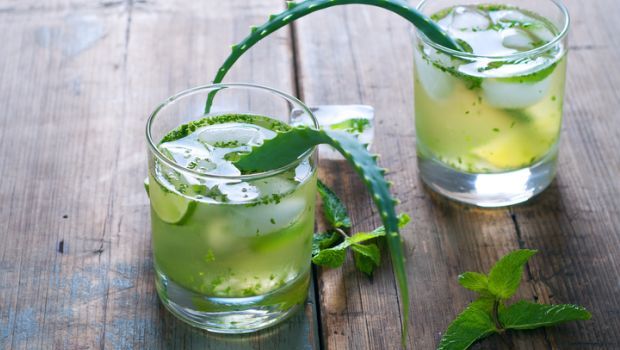
Additionally, many of the aloe waters found in stores contain added sweeteners and natural flavors that are unnecessary.
Amidor also reminds us that aloe juice "has diuretic properties, which if taken in large amounts, can lead to loss of potassium from your body, which is potentially dangerous."
4. Granola
It amazes me how many diet and weight loss experts categorize granola as part of a healthy diet.
While some of its ingredients, like the oats, nuts, and seeds, do have a number of benefits, including providing your body with iron, fiber, unsaturated fats, and protein, don't let that fool you.
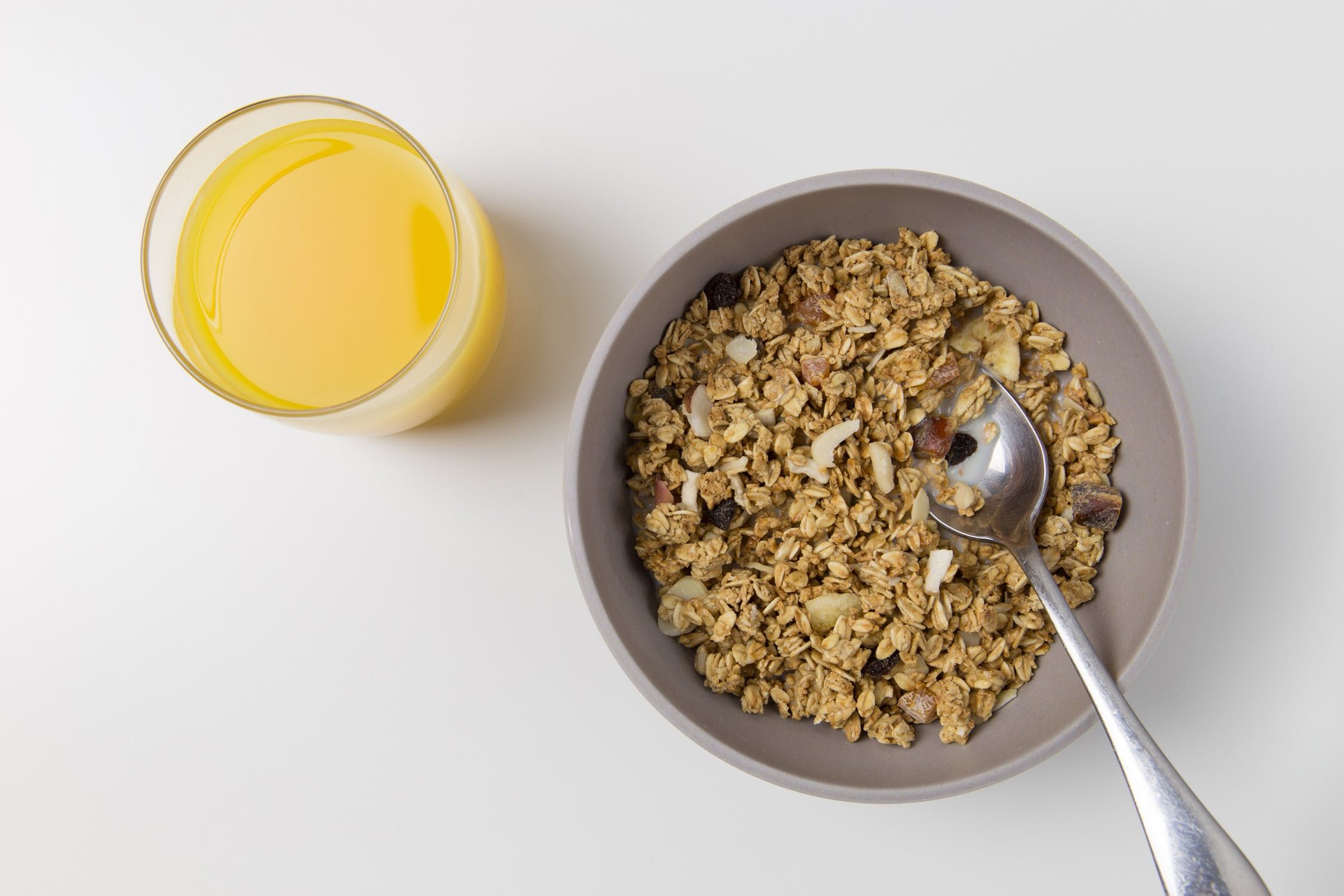
According to the United States Department of Agriculture (USDA), a half-cup of the breakfast favorite can contain between 200 and 300 calories plus three to 15 grams of fat, 40 grams of carbs, and a whopping 12 to 16 grams of sugar.
Sadly, it only gets worse when paired with certain types of yogurt and fruit because you could be consuming over 600 calories in one sitting, which is about a third of the average woman's daily allowance.
If you really enjoy the crunch granola offers, try choosing a cereal that contains less sugar and more fiber. Add fruits and nuts for some sweetness and extra nutrients.
5. Microwave popcorn
Over the last few years, popcorn has become the choice snack for those following a healthy diet plan.
While it is no super food, when air-popped, the whole grain snack is healthy and low in calories. However, you should limit your intake if it's the microwave variety.
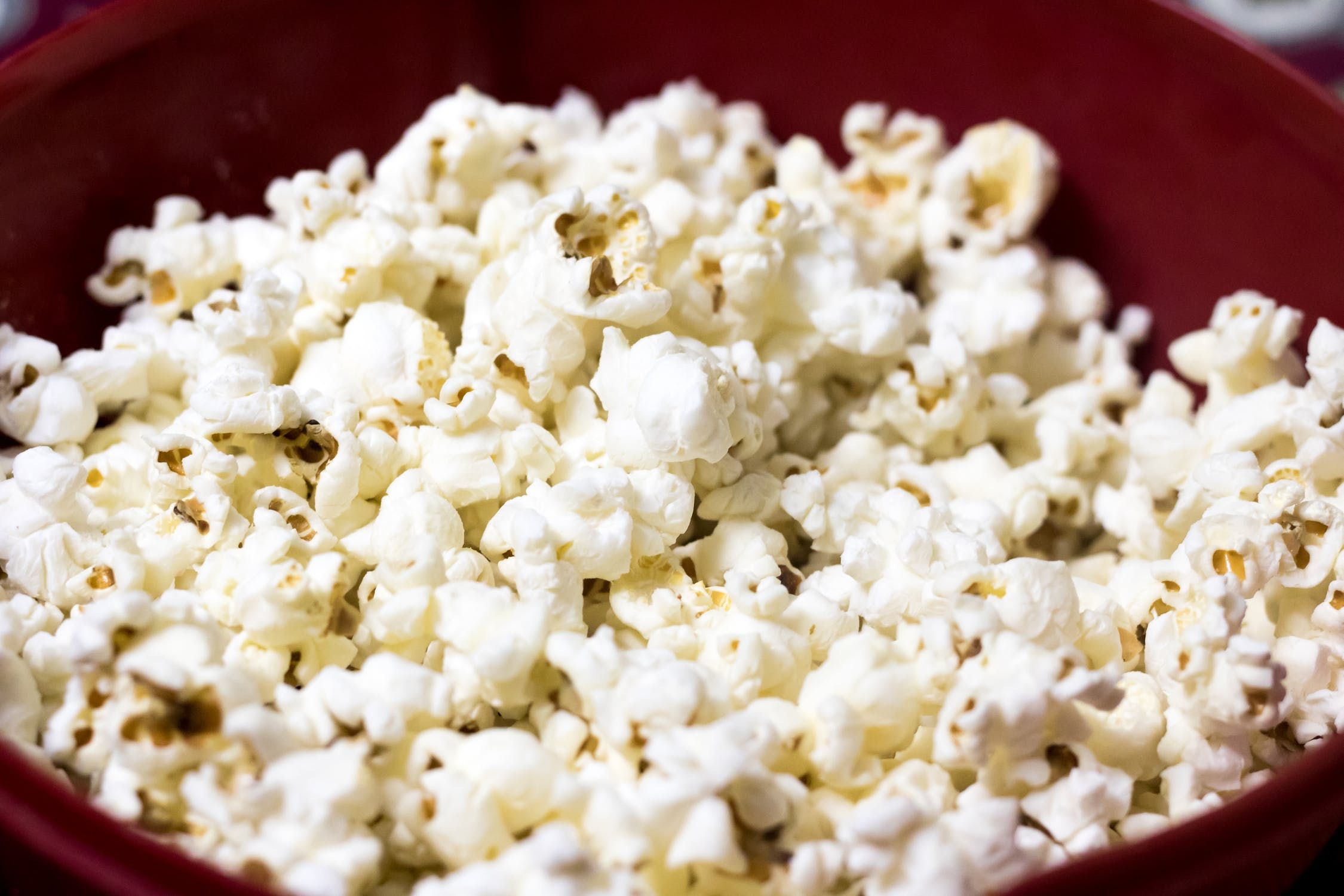
Even if the label says "natural" and "light butter," popcorn made for the microwave are filled with artificial additives, sodium, and unhealthy fats.
So for your next movie night, take a few minutes to make some popcorn the old school way. Your waistline will appreciate it.
6. Bran muffins
Many people tend to gravitate towards bran muffins, especially for breakfast, because they seem like the most nutritive option. Plus, bran is known to be effective in lowering cholesterol levels.
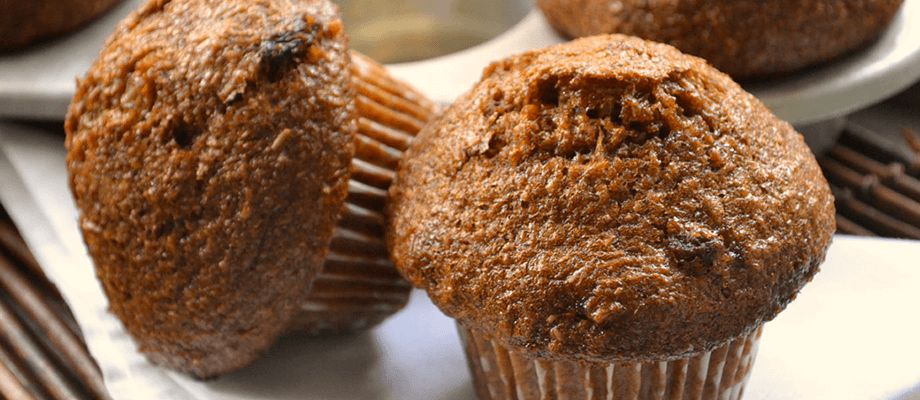
But what a lot of people don't know is that those prepackaged bran muffins from the grocery store are not as healthy as homemade ones.
Not only are the serving sizes often way out of proportion, but these treats are loaded with so much butter, oil, sugar, and sodium.
Save yourself from the excess calories, and try baking a batch at home. It may seem like a hassle, but once you find the recipe that works, you'll never go back.
7. Non-alcoholic drinks
There are very good reasons why dietitians recommend lowering your alcohol intake if you're trying to lose weight. Alcoholic beverages contain a lot of calories, and next to nothing nutritional value.
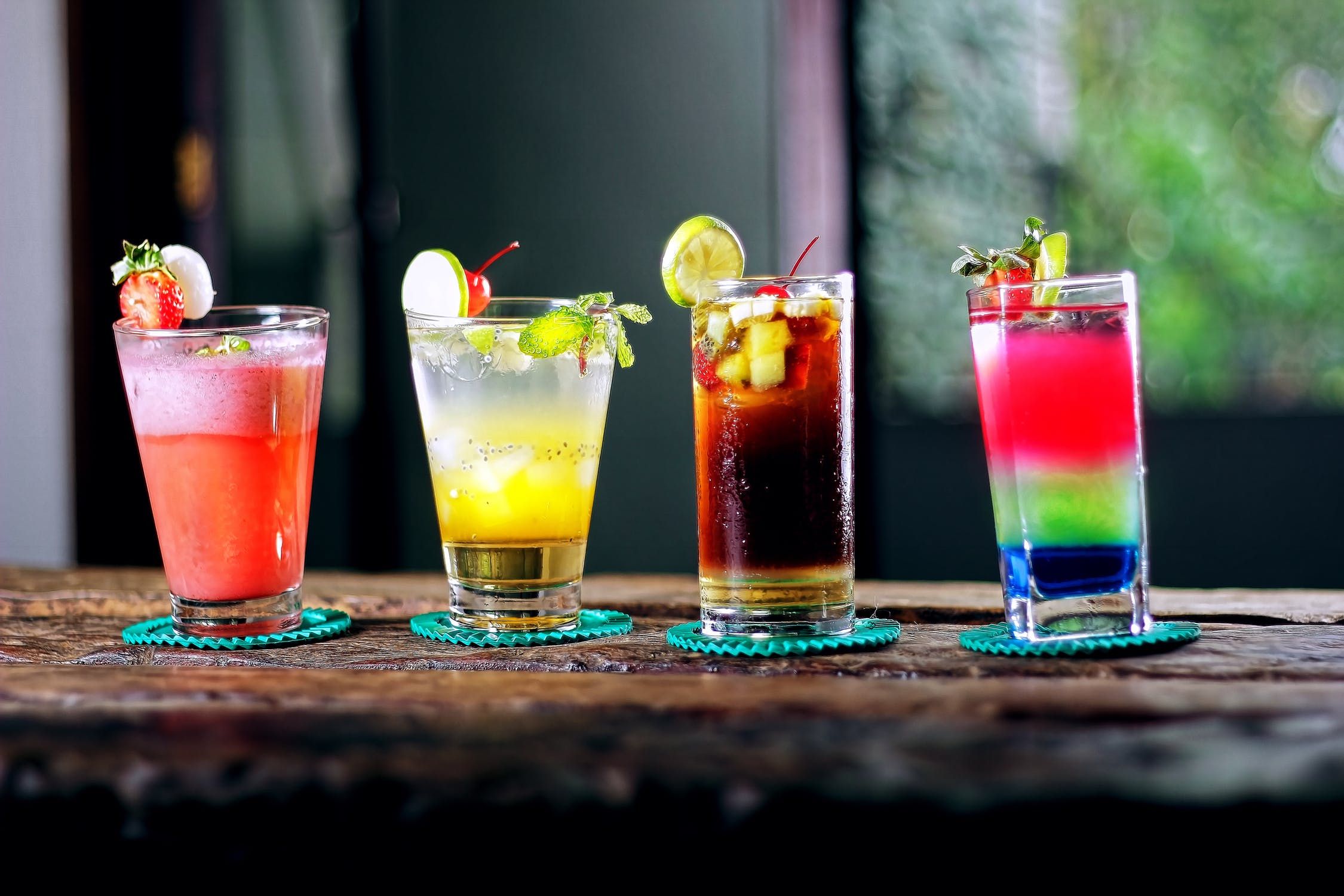
Still, this doesn't mean that you should swap out your regular rum and coke for a mocktail.
Although virgin drinks do not contain any liqueur, they're made with unhealthy sugary syrups and fruit juices that don't benefit you at all.
If you want a drink, have a glass of wine or light beer instead of a cocktail or mocktail.
8. Fat-free foods
There's a big misconception surrounding fat-free foods. While the idea sounds fantastic, and you feel no guilt eating these foods, they can be troublesome.
Firstly, a healthy diet requires you to consume healthy fats because, believe it or not, they reduce your risk of heart disease. These fats also help you stay full longer.
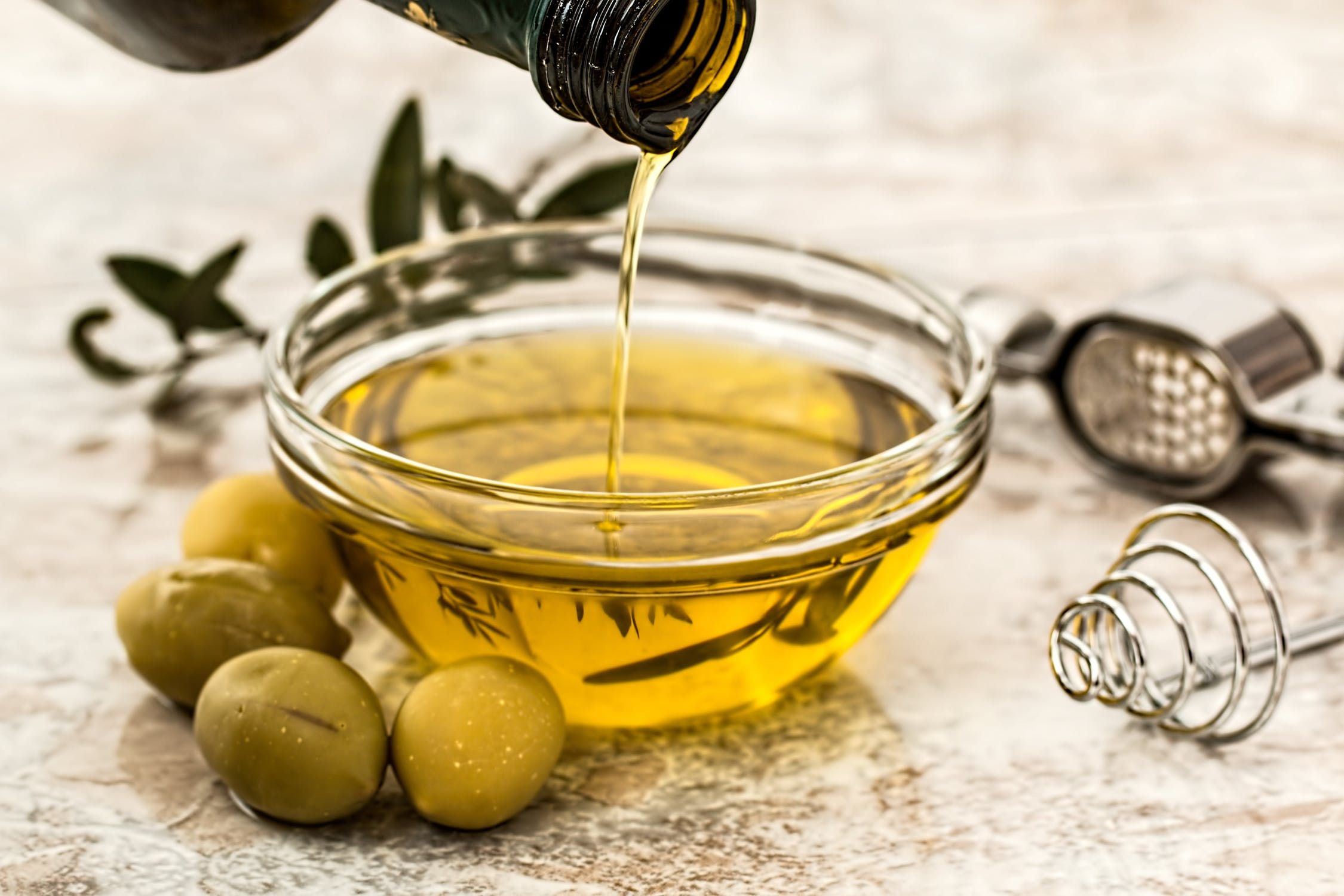
Secondly, when fat is taken out of food, it loses its flavor, so in order to make up for this, manufacturers tend to add sugar and salt as replacements.
Instead of opting for fat-free dairy products and processed foods, choose low-fat. For products like nut butters that contain polyunsaturated fats, always go for the full fat otherwise you'll only be eating more trans fat and sugar than you'd like.
As for salad dressings, try making your own. Mixing olive or avocado oil with lemon juice or a flavored vinegar will do the trick.
9. Diet soda
Contrary to popular belief, diet soda is not the best alternative to regular soda.
Of course, it's a good thing that you're consuming less sugar when you drink a beverage branded as "diet," but the artificial sweetener can also seriously harm your health.
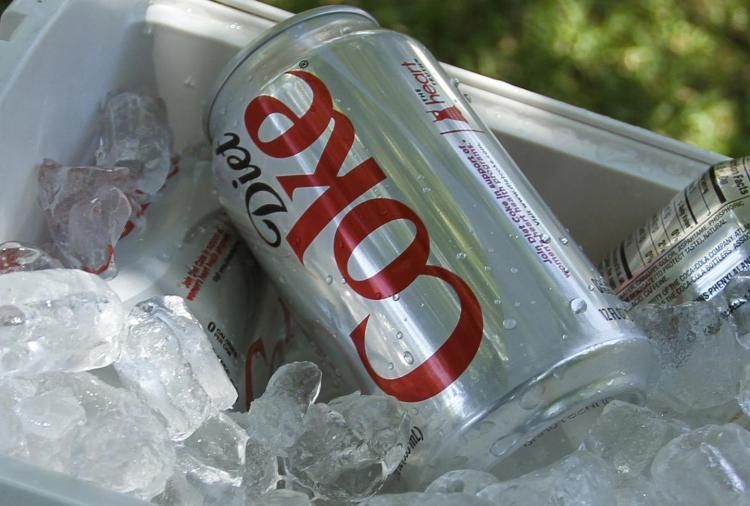
In fact, these sweeteners have been shown to have the same effect on the body as sugar.
"Artificial sweeteners trigger insulin, which sends your body into fat storage mode and leads to weight gain," says registered dietitian Brooke Alpert.
These beverages are also associated with a greater risk of developing kidney problems, diabetes, and dental issues.
10. Vegetable chips
Just because they're made with healthy vegetables instead of potatoes, doesn't mean they're any better for you.
Adding the word "veggie" to food packages is a marketing tactic to fool people into buying certain products.
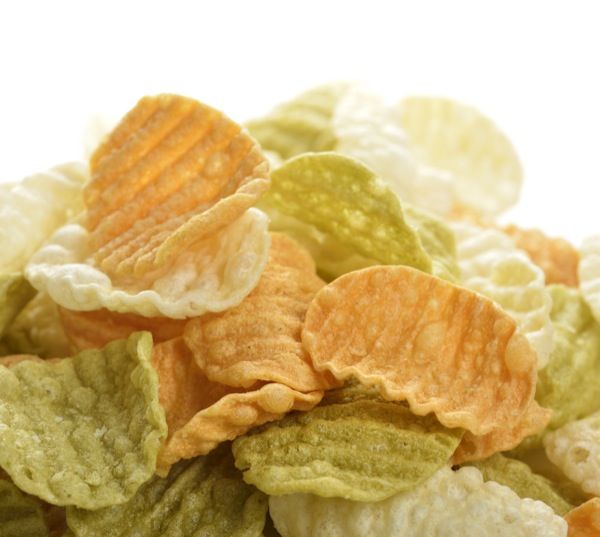
Before you add that bag of veggie chips into your cart, read the label to determine if actual vegetables were used. Some brands make their chips using artificial flavors and synthetic ingredients.
If you really want the healthiest version of this snack, slice veggies like kale, carrots, beets, sweet potatoes, and squash, rub olive oil on them, then bake them until crispy.
For more tips on how you can eat healthier, check out:
13 "Healthy" Foods You Need To Cut Down On
10 Unlikely Foods That Will Make You Feel Healthier
